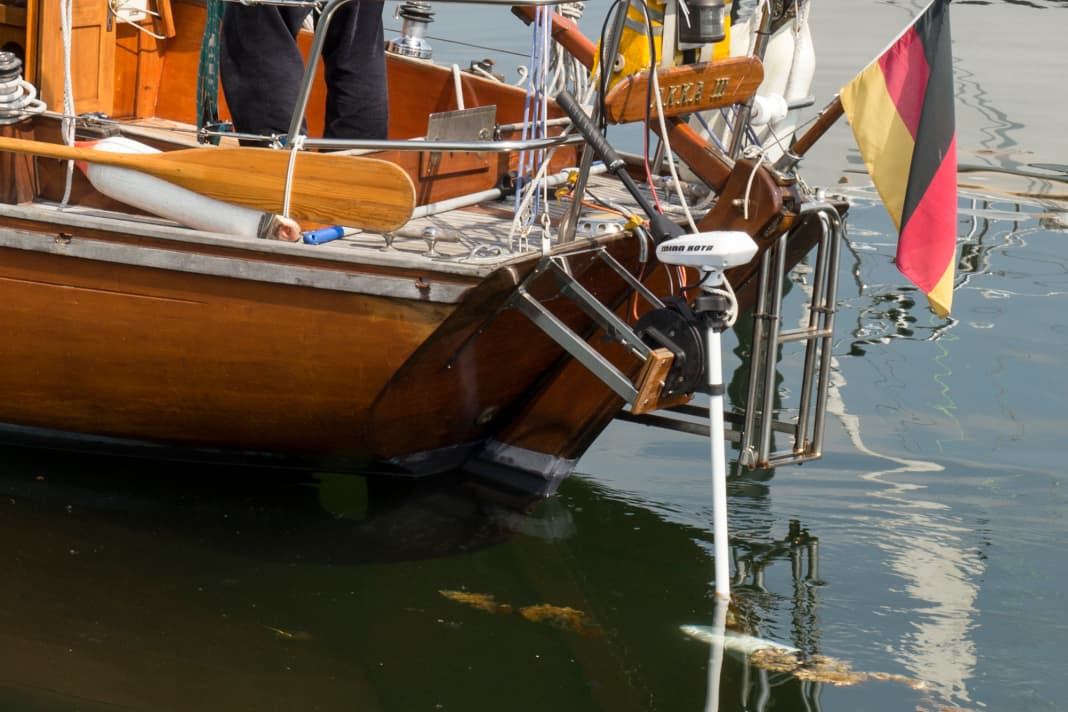





Is sustainability important?
Around three quarters of participants in the major YACHT market research survey believe that sustainability should be a matter of course in sailing. However, when it comes to the actual willingness to do something about it, the picture is quite different.
Only 56 per cent of participants in the survey believe that products in the water sports sector should be designed for recyclability. And 54 per cent would be prepared to spend more money on environmentally friendly products. Only 30 per cent would choose the environmentally friendly product if in doubt. 42 per cent are of the opinion that manufacturers should emphasise environmentally friendly production.
These figures may give the impression that many sailors are still not really aware of environmental issues. However, they are not as bad as they seem in this respect. When asked about their willingness to spend more money on environmentally friendly products, only 34 per cent of the overall population answered yes in 2023, compared to 54 per cent of sailors, according to the AWA.
Overall, the answers provide a great opportunity for shipyards and equipment manufacturers. Because although not all sailors are in the same boat when it comes to sustainability, there is still a significant proportion for whom it is important.
Which trends will prevail?
There is only one significant difference in opinion on this question compared to the survey two years ago. Almost 67 per cent of respondents are now of the opinion that biocide-free antifouling will prevail, compared to only 58 per cent two years ago.
When asked about hybrid drives, only 47 per cent are still of the opinion that these will prevail, while the opinion that electric drives will prevail on yachts has only changed by one percentage point (44.1/43.1%).
Fewer people predict a future for boat sharing than in 2021, with just under 15 per cent now believing that such yacht-sharing models will prevail, compared with 16.7 per cent in 2021.
How often are electric drives used?
Only just under 16 per cent of survey participants already use an electric drive on their boat. However, a good 28 per cent would switch to an electric drive if the corresponding infrastructure in the harbours, i.e. suitable charging stations, were available.
There is therefore still great potential here for greater sustainability and a mandate for marina operators to convert their systems accordingly. Then around 44 per cent of those surveyed might soon be travelling with an electric drive.
However, the majority of respondents (just under 56 per cent) are not prepared to use an electric drive and are not planning to switch.
Are there differences in boat lengths?
Not surprisingly, the picture for the use of electric motors is broken down by boat length. The smaller the boat, the more likely it is to already have an electric motor; the larger the boat, the less likely. As boat size increases, the willingness to switch to electric drives also decreases.
To the market study:
Over 7,000 YACHT readers took part in the major 2023 market survey, providing insights into their experiences and habits. The results provide insights into developments in the industry, which are indeed showing some changes and trends. The survey is conducted every two years.
The reader survey was carried out by the market research institute Market Research from Neuhausen near Stuttgart. Detailed results are now available at: DK-MEDIASALES.DE/WATERSPORTS-MARKET-STUDY
